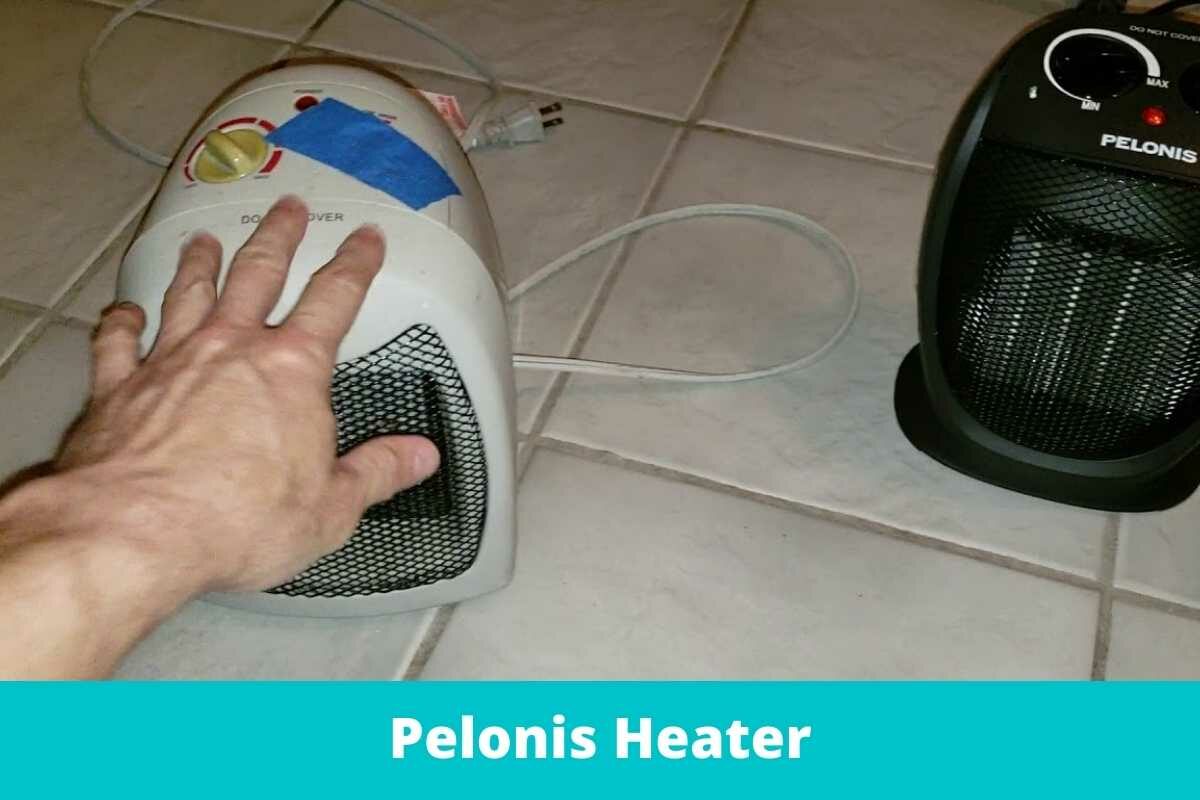Pelonis space heaters are excellent for keeping your home warm in the winter, particularly when temperatures drop below zero. However, these devices may develop issues and operate irregularly.
If your Pelonis heater continues to cut off, the following factors may be to blame:
- A faulty fuse or circuit breaker.
- Weak thermocouple.
- defective heating elements
In the following paragraphs, we fully describe how you may remedy this issue. Let’s get into it!
Try These Troubleshooting Methods If Your Pelonis Heater Keeps Turning Off
Perform a Heating Element Test
The heating element ensures that your heater can generate sufficient heat to keep your home pleasant. Frequently, the heating element in a Pelonis heater may have faults, influencing its performance.
A malfunctioning heating element may lead to the heater overheating. This will result in several issues, the most significant of which is that the heater may turn off arbitrarily.
As we will explain later, your Pelonis heater automatically turns off when inside temperatures exceed a certain threshold.
Testing the heating element requires little technical expertise. Use this guide to determine the condition of your heating element:
Check the heating element after plugging the heater into an electrical outlet.
Ensure that the heating element emits a vibrant orange hue. The heating element has reached the end of its service life when it emits a dim glow.
Or
- Disconnect the heater from the electrical outlet and dismantle it.
- Using a multimeter, determine the resistance of the heating element; a high resistance indicates good health. If the resistance of your heating element has decreased, it must be replaced immediately.
- Using one of these two diagnostic procedures should identify the issue with your heating element. And if you must purchase a replacement heating element, ensure it has the exact specifications as the original.
If this solution does not work, proceed to the next step.
Switch out the Thermocouple
Thermocouples assess the heat produced by home heaters and prevent them from overheating. Your Pelonis heater is likely equipped with a thermocouple set to shut power if it senses excessive heat.
Therefore, you must inspect the thermocouple the next time your Pelonis heater abruptly shuts off. But don’t stop at the thermocouple; examine additional components to see why the device overheated. Doing so allows you to identify and resolve larger issues before a more significant problem arises.
Replace Defective Electrical Equipment
If your Pelonis heater uses electricity, two components are required: a power source and a heater cord. Any issue with these two components increases the likelihood that your heater will die unexpectedly.
How can you determine whether your electrical equipment is subpar? If your heater cord exhibits minor indications of fraying, burning, or melting, it must be replaced.
Plug another device into the outlet to validate that a defective socket does not cause the problem. It would help inspect the socket for burn marks or unattractive stains. Such indicators indicate the necessity for a replacement socket.
Check for Fuse Destruction
It is typical for random electrical surges to occur in household electrical equipment. Because your gadgets can only handle a certain electric current, an electrical wave is usually bad news.
You have a fuse to safeguard your heater from catastrophic destruction. When the fuse detects excessive power flowing through the system, it automatically melts and shuts down the heater.
You will need to disassemble your Pelonis heater to see whether the fuse is at fault. Check the fuse for any signs of damage (melting, burning, etc.) and replace it if necessary.
Changing the fuse may not resolve the issue. This brings us to the second do-it-yourself tip for repairing the Pelonis heater.
Repair Faulty Safety Systems
Pelonis, like the majority of heater manufacturers, equips their heaters with automated protective measures. These safety measures are set to switch off the heater in an emergency.
Have you seen, for instance, how the heater ceases to function in the event of an electrical overload or imminent overheating? This is your device’s built-in safety feature protecting it from damage.
When the Pelonis heater doesn’t remain on, the first place to examine is the automatic safety function. Check the circuit breaker to ensure it has not been triggered by anything. You can also explore and adjust additional protection equipment as necessary.
Malfunctioning sensors are an often-ignored concern with safety systems. If the sensors are defective, the protective mechanisms will shut down the heater even if it is in good condition based on incorrect information.
Some users have attributed the issue to carbon deposits on the contact points of the sensor. If you discover such debris in your heater, thoroughly clean it. Alternativamente, you may be required to fix or replace the sensor or safety system.
Must check:
- Kentucky Derby Song Controversy ‘My Old Kentucky Home
- Vanessa Hudgens’s Net Worth: How Much Money Does She Make?
Wrapping Up
This post has addressed the best solutions for the “Pelonis heater keeps turning off” issue. These recommendations result from countless hours of product study and analysis of customer feedback.
There is a chance that the suggested remedies will not work. We recommend contacting a professional for assistance or the manufacturer for advice on how to resolve the issue.
